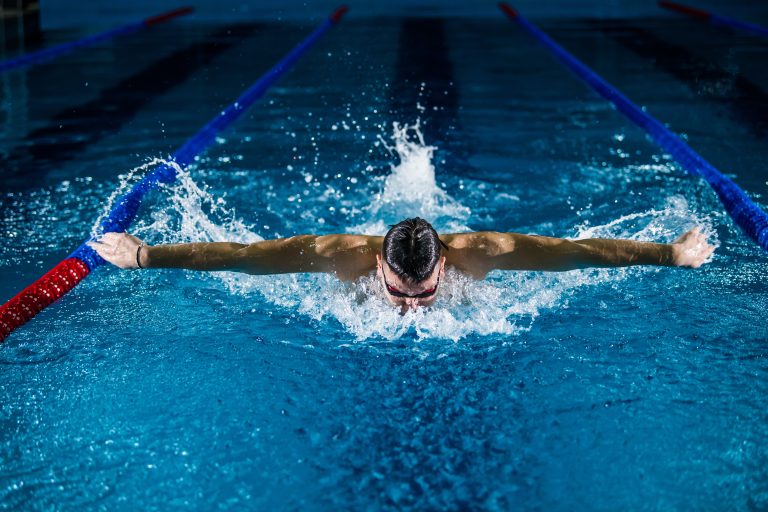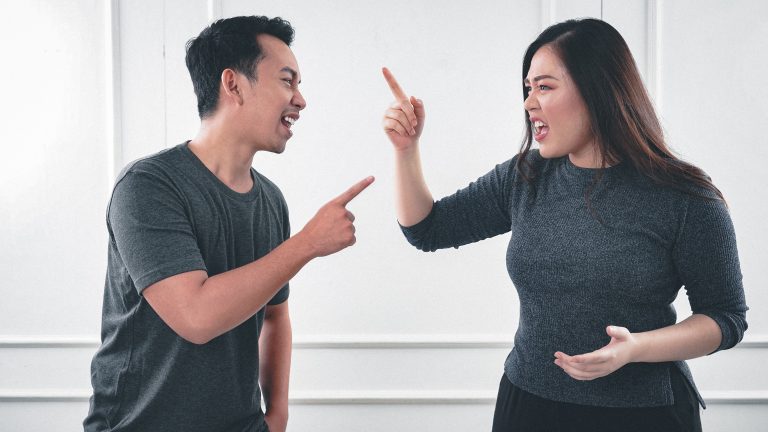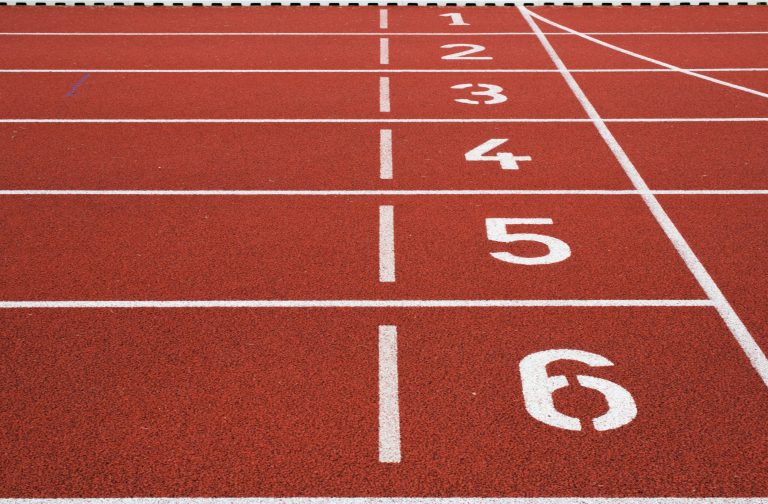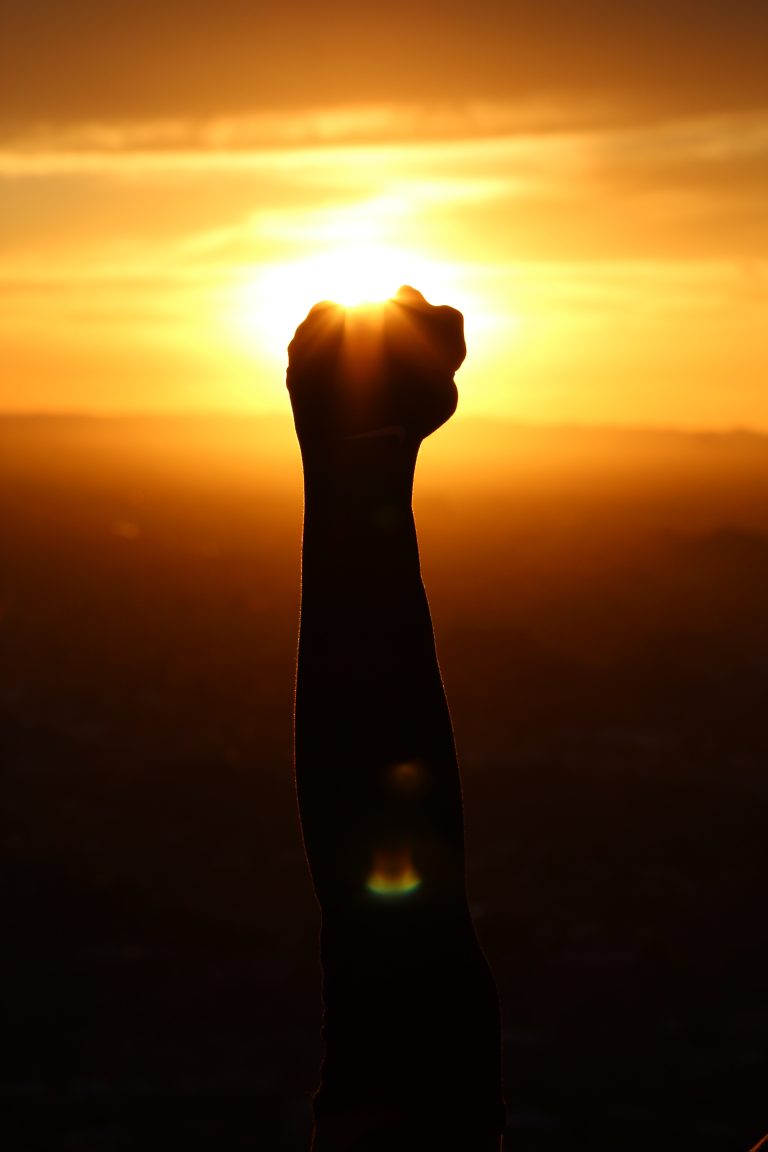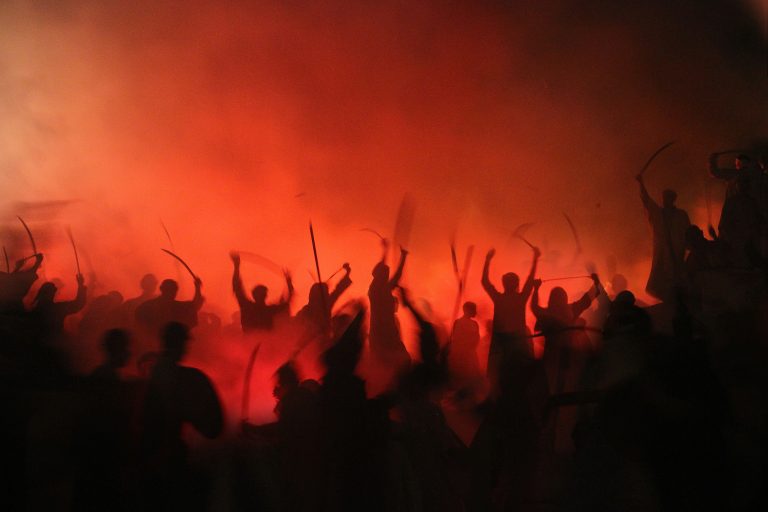The Role of Karate in Military and Police Training
Karate is a martial art that originated in Okinawa, Japan, during the 19th century. It is a form of self-defense that involves striking, blocking, and grappling techniques. With its effectiveness and efficiency, karate has also been incorporated into military and police training. It helps to develop mental and physical toughness, discipline, and strategic concepts that are crucial in military and law enforcement operations.
The History of Karate in Military and Police Training
During World War II, the Japanese military personnel introduced karate to their training regimen. It was part of their hand-to-hand combat techniques in close quarters, where weapons were not feasible. The military recognized karate’s value because it is a versatile and effective form of self-defense that allows the practitioner to neutralize an opponent quickly. The US military also adopted karate as part of their training program, particularly the Special Forces, where hand-to-hand combat plays an important role.
The police force also saw the potential of karate in their work. Police officers are often required to use physical force to handle various situations, such as arresting individuals or dealing with violent suspects. Karate training helps them to stay calm and focused under pressure and prepare them to face challenging situations.
The Benefits of Karate in Military and Police Training
Karate training has numerous benefits for individuals in military and police services:
Self-defense
Karate training enhances an individual’s self-defense skills, which is particularly useful for military personnel and law enforcement officers. They often find themselves in situations where they need to defend themselves or their fellow officers. Karate enables them to neutralize an opponent quickly and minimize harm.
Discipline and Focus
Karate training requires a high degree of discipline and focus. The military and police force always require individuals who can stay calm and focused under pressure. Karate training helps to develop mental and physical toughness, which is essential in high-pressure situations.
Physical Fitness
Karate is a high-intensity workout that enhances an individual’s physical fitness. Military and police officers must be physically fit to perform their duties efficiently. Karate’s rigorous training regimen prepares them physically and mentally for the challenges they may face.
Strategic Thinking
Karate training also helps to develop strategic thinking skills. Military and police officers need to think strategically to analyze situations and make quick decisions. Karate training teaches practitioners to think strategically and use the most efficient techniques to neutralize an opponent.
The Conclusion
Karate has been an effective form of self-defense for centuries. It has been incorporated into military and police training because of its effectiveness and efficiency. The benefits of karate for military and police training include self-defense, discipline, focus, physical fitness, and strategic thinking. With these benefits, karate plays a significant role in the training of military and police officers, preparing them for the challenges and dangers of their jobs.
The Role of Karate in Military and Police Training: Frequently Asked Questions
Karate is an ancient martial art that originated in Okinawa, Japan, and has become a popular form of self-defense and combat training all around the world. It is well-known for its quick, powerful strikes and disciplined fighting techniques. The practice of karate has been utilized in various forms of military and police training. Today we will answer some frequently asked questions about how karate is used in military and police training.
1. What Are the Benefits of Karate in Military and Police Training?
Karate training offers numerous benefits that can be applied to military and police training:
a. Physical Fitness
Karate training involves various forms of exercises that help in building and strengthening the body. These exercises help in building endurance, strength, and flexibility, which are all essential in military and police training.
b. Discipline and Focus
Karate training emphasizes discipline and focus, which are essential character traits for any military or police officer. Karate training instills these values by requiring students to practice regularly and showing respect to their trainers and opponents.
c. Combat Technique and Self-Defense
Karate training equips trainees with the necessary skills required for close combat and self-defense. In military and police training, close combat and self-defense are crucial skills.
d. Improved Mental Health
Karate training not only provides physical fitness but also helps in boosting mental health. It has been shown to decrease stress and anxiety levels, leading to improved mental health.
2. How Are Karate Techniques Applied in Military and Police Training?
Karate techniques integrate seamlessly into military and police training due to their practicality and effectiveness in close combat. Some of the techniques that are useful in military and police training include:
a. Strikes and Kicks
Karate emphasizes quick, powerful strikes and kicks, which can be used to take down enemies or attackers. These techniques are particularly useful when trying to immobilize or disorient an opponent.
b. Joint Locks
Joint locks are techniques that are used to immobilize an opponent by locking their joints. In military and police training, these techniques can be used to apprehend or detain an enemy.
c. Pressure Point Techniques
Pressure point techniques are used to apply pressure to specific points in the body to cause pain or discomfort. These techniques can be used to control an opponent or gain the upper hand in a physical encounter.
3. How Does Karate Training Enhance the Effectiveness of Military and Police Personnel?
Karate training enhances the effectiveness of military and police personnel in several ways:
a. Improved Confidence
Karate training instills a sense of confidence in trainees, which can be invaluable in high-pressure situations. Confident personnel are less likely to panic, think rationally under pressure, and make quick decisions.
b. Better Control over Aggression
Karate training teaches trainees to channel their aggression in productive ways, which can help them avoid unnecessary violence in the field.
c. Improved Reflexes and Reaction Times
Karate training requires quick reflexes and reaction times, which translate well into military and police training situations, where decisions must be made rapidly.
d. Improved Focus and Concentration
Karate training requires intense focus and concentration, which can be applied to military and police training situations, where trainees must remain focused on their objectives.
4. Is Karate Training Required in Military and Police Training?
Karate training is not necessarily required in military or police training, but it can be a useful supplement to other forms of training. Military and police personnel can benefit significantly from incorporating karate techniques and principles into their training regimens.
5. Are There Any Cautions to be Kept in Mind While Incorporating Karate Techniques in Military and Police Training?
Yes, there are some cautions to be kept in mind while incorporating karate training into military and police training. These cautions include:
a. Injury Risks
Karate training involves physical activities that can result in injuries if the techniques are not performed correctly. Proper safeguards must be put in place to minimize the risk of injuries.
b. Overreliance on Techniques
Overreliance on karate techniques can lead to complacency in other forms of military and police training. It is essential to balance karate training with other forms of training to ensure that personnel are correctly equipped for a wide range of scenarios.
c. Adaptability and Flexibility
Karate techniques may not be suitable for all situations, and personnel must be adaptable and flexible enough to apply other techniques when required.
Conclusion
Karate training has proven to be a valuable asset in military and police training due to its various benefits, including physical fitness, discipline and focus, and combat techniques. By incorporating karate techniques into their training regimens, personnel can improve their confidence, control over aggression, reflexes, reaction times, and focus. Like any form of training, karate training must be implemented with caution and balanced with other training to ensure that personnel are adequately equipped for a wide range of scenarios.
Inhaltsverzeichnis

